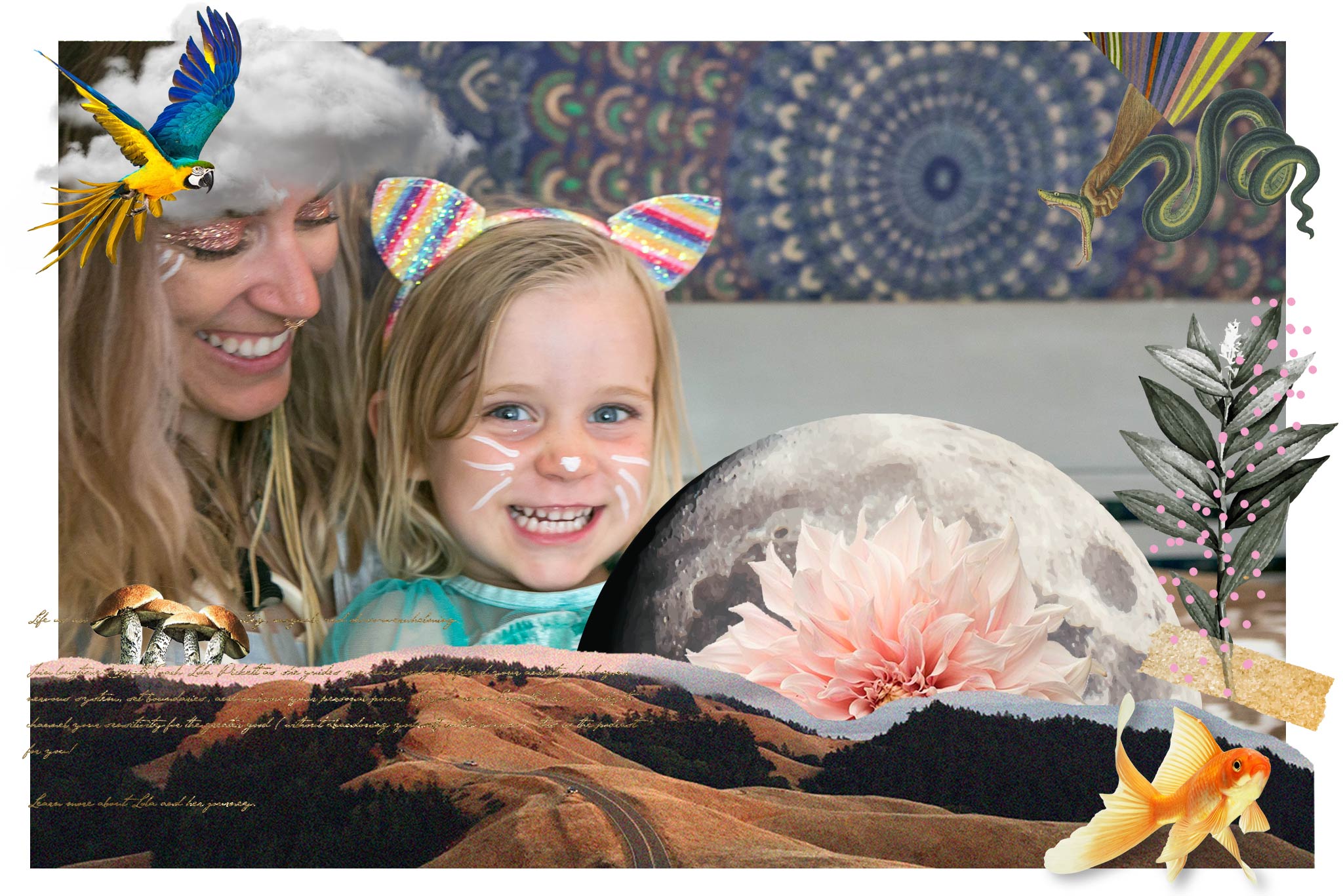What’s the best that could happen when you teach your child empathy?
Some days, our human world can feel like a harsh and unforgivable place where everyone only cares about themselves. How can parents teach empathy to their children when everything seems to be so self-focused?
According to Parents, “Studies show that around 2 years of age, children start to show genuine empathy, understanding how other people feel even when they don’t feel the same way themselves.”
If you’re here on this site, then I think you’ll agree that our world needs more empathic people now than ever before. And while some people are born highly sensitive empaths, others can develop these traits, either intentionally or as a result of life events.
No matter how it comes to be; becoming more empathic is highly valuable — as an individual and as a society.
Raising more empathic children will create a generation that is intentionally kind and caring — and that sounds like a world I’d like to live in. Here are 7 ways to teach empathy to your kids.

7 WAYS TO TEACH EMPATHY TO YOUR CHILD
SHOW EMPATHY
Children are very observant, and they mimic what the people around them do – especially their parents. When you intentionally show empathy to your child, they’ll begin to recognize how that makes them feel.
If your child is physically hurt, or they’re upset, it’s important to take time to intentionally show them that you care – this will help them to develop that same care for others.
One way you can show empathy is not to label how your child might be feeling. For example, instead of saying, “Why are you upset?” try saying something like, “What are you feeling right now?”
This empowers your child to connect with their physical sensations and feelings, not just their emotions. It also offers them a chance to name for themselves what their state is, instead of being told.
Also, be aware if your own hypersensitive nervous system is in a constant or near-constant state of anxiety or overwhelm. Our children, being the little sponges they are, will easily pick up on that anxiety and start to make it their own.
SHARE ABOUT THE WORLD
If you want your child to be more empathetic towards others, share as much about the world with them as you can.
Children are bright individuals — they’re often highly aware of things that are going on around them. Talk about how there are children like them who don’t get to go to school or have enough food. Share how others live with different values or have different experiences.
This is essential when doing at-home antiracism and anti-ableism work…
For example, take opportunities to speak about (without shaming) the different experiences and (dis)advantages people often have because of how they look or the abilities they have…
Talking with your kids about ways to honor, value, and empathize with all kinds of humans can help to create more equitable, kind conditions.
Asking them about how they would feel if they were in a different situation will cultivate compassion and connection to others in a healthy, empathic way.
PUT EMPATHY INTO ACTION
As you discuss things that are going on in the world, talk about tangible things that you can do to care for others. Consider going to a grocery store and picking out items for your local food bank or writing cards for people in the hospital.
Also consider volunteer activities like picking up trash in your neighborhood, volunteering at a local foodbank, or collecting unused toys and outgrown clothing in seasonal house cleanings to donate them to those in need.
Showing people empathy through actions (and not just words) will deepen your child’s levels of compassion, their capacity for kind leadership, and cultivate a desire to care for people in healthy ways.
ALLOW YOUR CHILD TO FEEL
When your child is upset about something, do you rush to make it better?
If your child is screaming and crying because you told them they couldn’t have a cookie — what do you do? Do you give them a cookie? Do you get mad at them for crying?
Next time you’re in a situation like this, empathize with your child. Validate their feelings.
Say something like, “I understand that when I said no, it brought up some strong feelings. That’s okay. Once you feel ready, we can talk more about what you’re feeling and then we can go to the park. I’ll be right here when you’re ready.”
This strategy will help your child understand that it’s normal (and good) to have emotions, and to take time to feel those emotions. Also, be aware of putting your words in your child’s responses. Allow some time between your check in questions and their responses because processing time takes longer for children based on age and comfort level.
USE “I” LANGUAGE
If your child says something that hurts your feelings, respond by saying “I feel hurt when I hear you say those words.” You can also expand this to include other ways you’d appreciate feedback or how to say things that are true without being cruel or hurtful.
Saying this will teach your child empathy by showing them self-awareness of the impact of their words and actions on others.
READ WITH YOUR CHILD
Put down the screen and pick up a book! In our house we prioritize reading every night to our children, and it has become a wonderful way to connect, teach new vocabulary, and explore real and magical worlds together.
Books, when appropriate, can allow your child to visualize examples of how to show people empathy and kindness. Use moral storylines as starting points to dive deeper with your child. I love to ask our kids, “How do you think [character] felt when that happened to them?” This provides a great way to allow your child to use their empathic skills to relate and feel what it might be like in the character’s shoes.
Looking for a specific book with empathy as a focus or core message? This article by Huffpost has a list of 35 books to choose from!.
TALK WITH YOUR CHILD
Don’t be afraid to ask your child how they feel, or how they think something made somebody else feel. And again, allow for those pauses and gaps between your question and their response so that they can really tap into their emotional body and give you an honest response.
If your child hits another child, try gently asking, “How do you think it made your friend feel when you hit them? How did you feel when you did that?”
Create a shame-free but boundary-rich environment where your kid feels safe to process how their words and actions impact other people… ensuring that they build their inherent empathetic skills AND learn to take often-uncomfortable personal responsibility.
You have an amazing opportunity.
If you’ve read this far, you’re likely a parent who wants to raise more empathic children. Your role as a parent in this journey is vital! You have an opportunity to raise kind and empathetic children. You have an opportunity to create a better future for everyone. You have the ability to create world changers.
Thank you for being here and doing your part to make our world a better, kinder place.



 Lola L’Amour is a spiritual mentor, healer, creator of the Future Ancients podcast and founder of the Anima Mystery School.
Lola L’Amour is a spiritual mentor, healer, creator of the Future Ancients podcast and founder of the Anima Mystery School. 
